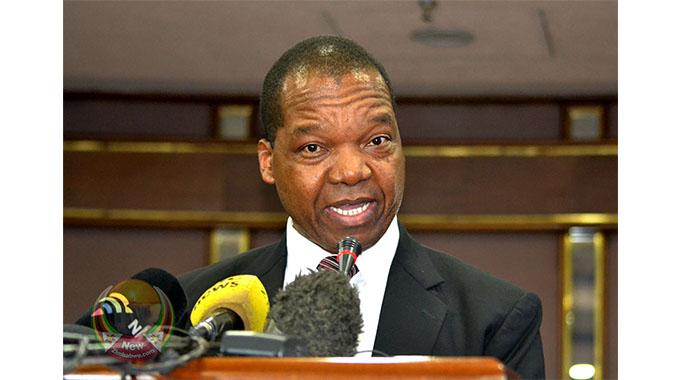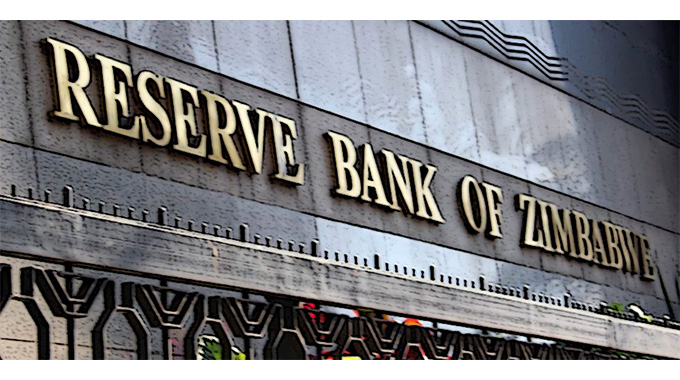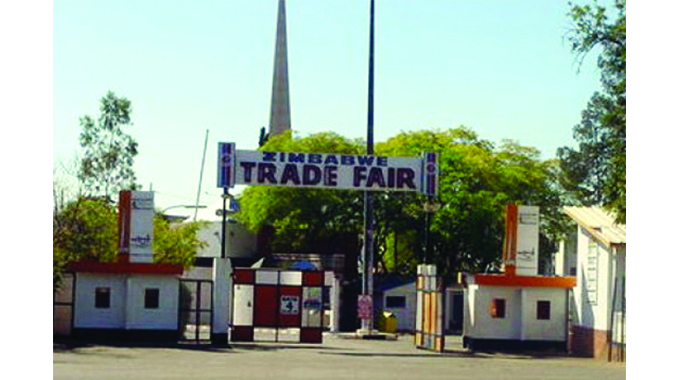Zimbabwe generates US$2,4bn in first quarter of 2022

Nqobile Bhebhe, Senior Business Reporter
THE Reserve Bank of Zimbabwe (RBZ) says the country generated US$2,4 billion foreign currency in the first quarter of 2022 buoyed by strong economic fundamentals and a cocktail of measures adopted to enhance market confidence and tackling indiscipline.
The US$2,4 billion indicates an increase of 15,9 percent compared to the same period in 2021.
“The foreign currency receipts were against foreign payments of US$1,8 billion, leaving a surplus of US$1,9 billion,” said RBZ governor, Dr John Mangudya, in a latest statement following the latest Monetary Policy Committee (MPC) meeting.

He said the positive trend foreign currency generation momentum and the strong economic fundamentals suggests that the recent exchange rate shocks are a manifestation of negative sentiments or perceptions attributable to people’s past experiences with hyperinflation and inevitable losses incurred during currency reforms.
Recently, monetary authorities moved to curtail resurgent price increases in the economy and stabilising the volatile parallel market exchange.
This saw the MPC significantly increase key interest rates and further cutting down the quarterly target for money supply growth.
These measures were seen as a strong demonstration by authorities to double down on existing measures to stem further increases in prices stoked by speculative borrowing, which causes excess growth of money in circulation, thereby driving depreciation of local currency.

Zimbabwe International Trade Fair
“The committee noted with satisfaction that economic fundamentals have remained strong to support a stable exchange rate as evidenced by a favourable current account balance, positive growth of the real sector, public works undertaken by Government, fiscal sustainability and a tight monetary policy stance,” said Dr Mangudya.
Officially opening the 62nd Zimbabwe International Trade Fair (ZITF) in Bulawayo last Friday, President Mnangagwa expressed concern over unethical business practices that continue to frustrate economic progress at a time when Government is making strides toward transforming the country’s economy in line with Vision 2030.
He implored all economic actors to be disciplined in their business dealings and castigated those involved in acts of economic sabotage, which threaten to derail the development gains being championed by the New Dispensation.
Dr Mangudya said the MPC noted that the money supply has also remained largely under control, with reserve money remaining stable at levels of around ZW$28 billion for the past six months, while annual growth in broad money fell from 384 percent in March 2021 to 151 percent in March 2022.
“The committee further noted that the erosion of people’s savings due to inflation compelled them to try and avoid similar losses by holding the US dollar as a store of value,” he said.
Meanwhile, the MPC says Government measures to enhance confidence in the economy will deal with market indiscipline and increase the demand for the local currency.

The measures are also expected to buttress the current tight monetary policy stance, restoring confidence in the economy, stabilising inflation and exchange rates and creating a conducive environment to support the envisaged economic growth rate of 5,5 percent in 2022.
The MPC has maintained the bank policy rate at 80 percent and the medium-term bank accommodation facility interest rate at 50 percent announced on 1 April.
Similarly, the minimum deposit rates for local currency saving and time deposits at 12,5 percent and 25 percent per annum, respectively remain unchanged.
Dr Mangudya said the quarterly reserve money growth target at five percent for the quarter ending June 2022 remains unchanged as well as the US$1 000 foreign payment transactions limit on the willing-buyer-willing-seller foreign currency trading arrangement for banks and bureaux de change. — @nqobilebhebhe












Comments